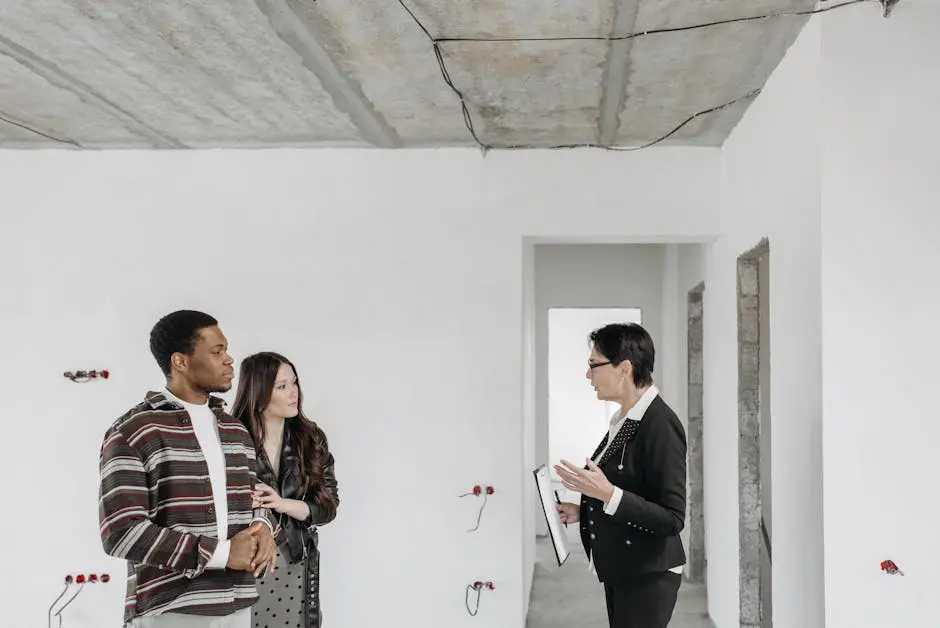
Estate planning can often be a complex and emotionally charged process. Ensuring that your legacy is preserved and shared as you wish involves careful consideration and communication. Estate mediation has emerged as a valuable tool in facilitating these discussions and resolving potential conflicts. In this blog, we’ll explore the importance of estate mediation in effective legacy planning.
Understanding Estate Mediation
Estate mediation is a process where a neutral third party assists in facilitating discussions among heirs, beneficiaries, and other relevant parties. It’s designed to resolve disputes and foster understanding, ensuring that estate planning wishes are clearly communicated and respected. The practice of mediation in the realm of estate planning places emphasis on reaching consensual agreements, thus avoiding the harsh rigidity of courtroom battles. According to The Role of Mediation in Resolving Estate Disputes in St. Petersburg, mediation offers a path that allows individuals to decide their own outcomes instead of leaving it to a court to decide.
Mediators act as facilitators, guiding conversations without imposing solutions. This empowering aspect of mediation fosters an environment where everyone’s voice can be heard, making it easier for the parties involved to reach a fair and amicable resolution. Tailored solutions are more readily achieved when compared to the standard outcomes of formal legal procedures, allowing for settlements that are uniquely suited to the particular circumstances of the estate.
Benefits of Estate Mediation in Planning
The primary advantage of estate mediation is its ability to prevent misunderstandings and conflicts. By encouraging open communication and providing a safe space for dialogue, mediation can help all parties involved reach amicable solutions, ultimately safeguarding family relationships. Mediation minimizes emotional stressors and promotes a cooperative atmosphere where parties can work together to fully understand each other’s perspectives. When families foresee potential discord, mediation becomes an invaluable tool for preserving harmony.
Involving a mediator can also significantly accelerate the resolution process, shortening the time required as opposed to lengthy probate court proceedings. This efficiency not only saves time but also maintains the estate’s value by reducing litigation costs, ensuring that beneficiaries receive their intended inheritances in a timely manner. Estate Mediation in Pennsylvania and New Jersey highlights how mediation acts as a catalyst for faster settlements, preserving family unity and reducing legal expenses.
When to Consider Mediation in Your Legacy Planning
Mediation is particularly beneficial when you anticipate potential conflicts or when multiple parties are involved in the estate. By integrating mediation early in the planning process, you can preemptively address any issues before they escalate, ensuring a smoother path for your legacy planning. Whether it’s differing interpretations of a will, perceived inequalities in asset distribution, or even complex family dynamics, mediation introduces a structured and calm environment to navigate potential disputes. Embracing mediation as a fundamental component of legacy planning can help draw valuable lessons from resolved estate disputes, as seen in our comprehensive guide on estate disputes.
Furthermore, families often encounter emotional challenges when dealing with the estate of a loved one. Mediators can serve as peacekeepers amidst such complex emotional landscapes, guiding discussions gently and ensuring that the legacy created respects the wishes of all parties involved. Their presence is especially crucial when there are unique familial circumstances that require careful handling and a touch of diplomacy.
Steps Involved in the Mediation Process
The mediation process typically involves several key steps, including identifying issues, understanding each party’s perspective, and working collaboratively towards mutually agreeable solutions. A mediator guides these discussions, ensuring that all voices are heard and respected. The initial step in mediation is often an exploratory session where the contours of the dispute are laid out clearly. This sets a foundation upon which flexible strategies can be developed, allowing the parties to work towards understanding each other’s views and needs.
Throughout the various stages, the mediator will act not only as a facilitator but as a coach, steering the dialogue in a constructive direction. By asking probing questions and encouraging empathy, they help parties discover creative solutions to what might initially seem like insurmountable obstacles. Thus, mediation doesn’t just resolve current issues; it builds frameworks for future engagement and cooperation, pivotal in legacy planning contexts.
Choosing the Right Mediator for Your Needs
Selecting a qualified mediator with experience in estate planning is crucial for effective mediation. Look for professionals who have a solid understanding of legal aspects as well as strong interpersonal skills to navigate sensitive family dynamics. The right mediator can make all the difference, acting as a trusted advisor and neutral party who holds the family’s best interests at heart. A mediator well-versed in estate complexities can deliver insights into the nuanced interplay between different legal, financial, and emotional considerations.
It is important to consider a mediator who is equipped not only with expertise in legal matters but also a comprehensive understanding of family dynamics. Such a professional can defuse emotions and guide conversations towards constructive outcomes. Engaging a capable mediator can transform potential conflicts into collaborative opportunities, fostering mutual respect and understanding among all parties involved.
The Value of Mediation in Legacy Planning
Estate mediation plays an invaluable role in effective legacy planning by ensuring clear communication, reducing conflicts, and maintaining family harmony. By understanding and utilizing mediation, individuals can create a legacy that truly reflects their values and wishes. As you consider your legacy planning, embrace the benefits of estate mediation to achieve smoother and more thoughtful outcomes for your loved ones. Ready to begin your journey? Start your estate planning with us at Estate Done Right.






